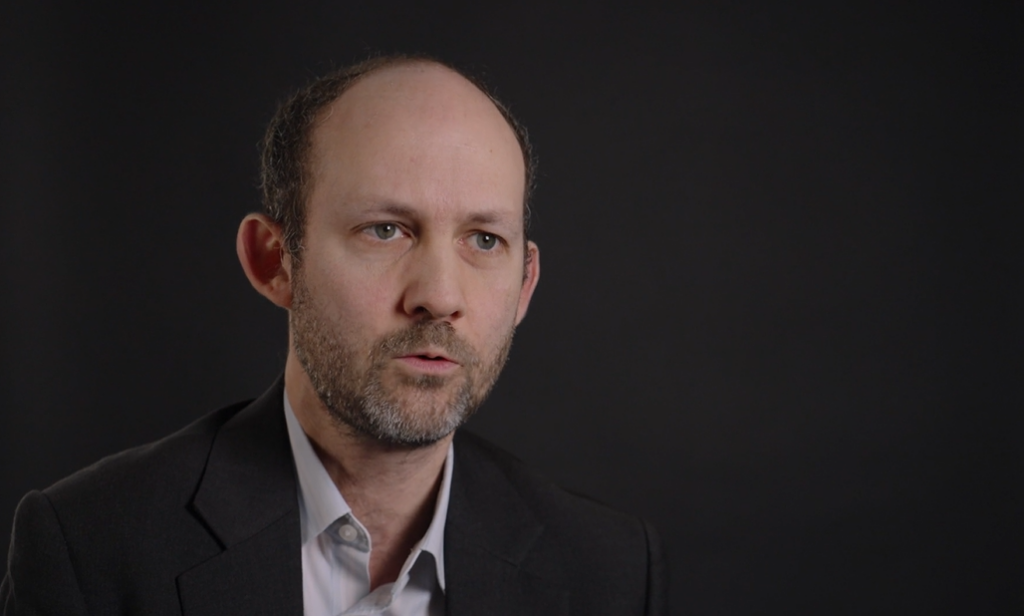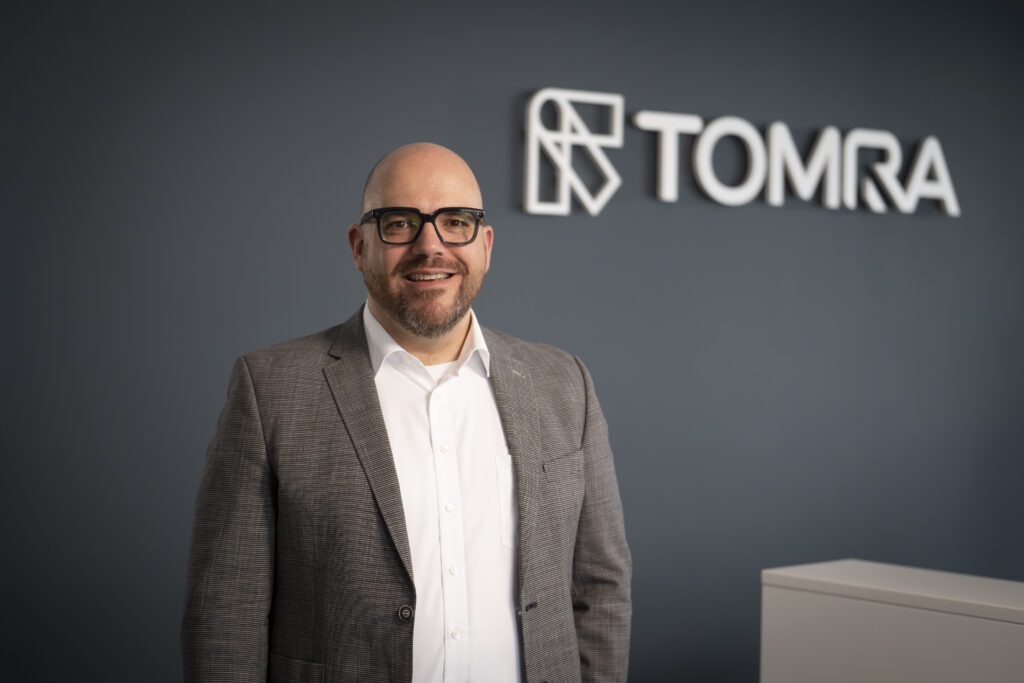OPINION: The UK currently produces the highest amount of food waste in Europe, with around 9.5 million tonnes of food thrown away each year. The new food waste legislation, known as the ‘Simpler Recycling’ reform is due to come into effect on 31st March 2025, will require businesses, public sector organisations and third-sector organisations to separate food waste from other waste types and collect it separately. These regulations have been designed to improve the quality and quantity of waste collections across England and to prevent excess food waste making its way to landfill sites.
Understanding your food waste
For businesses with a variety of waste streams, separating them can become complex and time-consuming. Food waste is inevitable for most large businesses in the UK and whilst it may have previously been disposed of with general waste, from March 2025 it must be separated. For companies producing a large amount of waste, it’s game changing to implement a tracking system to record how much food waste your business generates and where it goes. It becomes much easier to see if too much food is being produced to begin with.
It’s also important to consider that organic waste can be of value. Food can be used as compost. Consider what kind of food waste is being reduced and if it can be used elsewhere – fruit, vegetables, egg shells and coffee granules can all be composted.
In order to avoid a fixed penalty notice for not complying with the new legislation, it’s crucial that companies understand and are able to manage the different types of waste present and the frequency of this waste produced. Investing in waste surveys to collect insightful data is a fantastic tool which will identify areas where waste can be reduced and separated.
Choosing the right waste partner
For large businesses producing a vast amount of waste, the new regulations may be challenging and time consuming. Selecting a waste partner that suits your individual business needs is crucial. A waste management partner can provide accredited waste collection services that specialise in food waste recycling and share insight into large waste separation best practices. Assessing the true amount of food waste collections required and choosing a waste partner that can continue to use data is crucial to ensure a smooth process and cost-effective management.
Choosing the best suited waste management partner is also key, establishing contracts with accredited waste collection services that specialise in food waste will ensure that waste is properly processed and that your business remains compliant of the new regulations.
Bins are not the be all and end all of rubbish – there’s much more to be done with food waste rather than throwing it in the bin. Speak to a specialist to understand what more can be done with relevant wastage and how this can be cost effective and minimise carbon footprint and landfill waste.
Educating staff
A huge barrier for effective waste management can be colleagues not appropriately engaging with the required separation processes. Before the new regulations come into force, it’s important to educate all employees in the business. Using education, we must change mindsets so that behaviours align with the new regulations. By engaging your workforce and creating a culture of sustainability throughout your business, it can help to foster the importance of reducing waste produced and promote the importance of the new regulations.
When you select your waste management partner, always ask about the educational tools that are available to support your team. Reducing waste is a team race, creating incentives where staff benefit from being sustainable can be effective. Education ultimately starts with staff engagement and celebrating recycling wins that reduce waste going landfill is the perfect place to start.
If you’d like to learn more about food waste, you can purchase tickets for our Food Waste Conference here, which is taking place on 6th March 2025 in London. Visit the link for further information on the agenda.








Subscribe for free